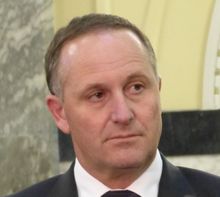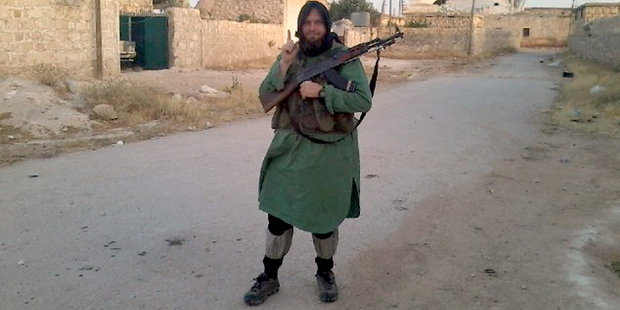An Islamic studies specialist says people with links to al Qaeda exist in New Zealand and are a risk to the community. Zain Ali, from the University of Auckland, says the terrorist group has a clear agenda to instil fear and terror.
“They’re always looking to recruit. And I think even John Key’s statement indicates that intelligence services are monitoring people who already have links. So it’s not so much links that are being developed. I think there are already people here who may already have links.”
However, Dr Ali says with such a violent mindset, the best option is to contain them rather than just monitor them.
Robert Patman, professor of international relations at the University of Otago, says citizens from Australia and Britain have trained with al-Qaeda and it would be wrong to conclude New Zealand is different, though he doubts the danger is sufficient to justify strengthening surveillance laws.
However, security analyst, Dr Paul Buchanan, says the threat of terrorism is an insignificant part of the work intelligence agencies do, and it’s misleading to use the threat of a terrorist attack to justify expanding cyber surveillance abilites of the GCSB.
Threat real, says academic: Al Qaeda-trained people in NZ, says Key
Prime Minister John Key says radicalised New Zealanders with links to al Qaeda have trained in related terrorist camps overseas and are being monitored.
Mr Key on Thursday would not say how many there are or when this has been taking place, but they haven’t been arrested as they have not yet broken the law.

Prime Minister John Key. Photo: RNZ
However, he said he has signed warrants on people who are currently training in Yemen which has al Qaeda strongholds, and said this is further justification for a controversial spy agency bill which passed its second reading in Parliament by 59 votes to 61 on Thursday afternoon.
The Government Communications Security Bureau and Related Legislation Amendment Bill, if passed, would clarify earlier law and make it legal for the electronic spy agency to monitor New Zealanders.
Mr Key was not in the House for the vote, but told reporters in Rotorua that New Zealand is not immune to terrorist threats.
“People have trained in New Zealand and gone off to those camps, and that’s just the way things are. We live in a global environment where there are real threats, and that’s the point we make with the GCSB legislation.”
Mr Key said the number of people who have links to terrorist groups is small and the Government knows who they are.
In 2011, WikiLeaks named New Zealander Mark Taylor as someone who had visited Yemen and had links to al Qaeda. John Key said at the time he was aware of Mr Taylor, who was living in Hamilton under a number of restrictions, but that the public had nothing to fear from him.
Mr Key would not say if his reference to terrorists on Thursday included Mr Taylor, who has denied the links.
“While it’s very narrow and very small in number, the facts of life are is that New Zealand is not immune from those potential risks. There are small numbers of radicalised New Zealanders who have either gone over into those environments or returned. There are warrants on people that I’ve signed who are currently in Yemen.”
Sir Bruce Ferguson headed the GCSB for about four years from 2006 said on Thursday he was not aware of people from New Zealand going to training camps in Yemen, but that didn’t mean it did not happen.
Sir Bruce said normally, this would have been handled primarily by the Security Intelligence Service, not the GCSB. It is possible the GCSB could have been asked to help under warrant, but he said he has no memory of this.

